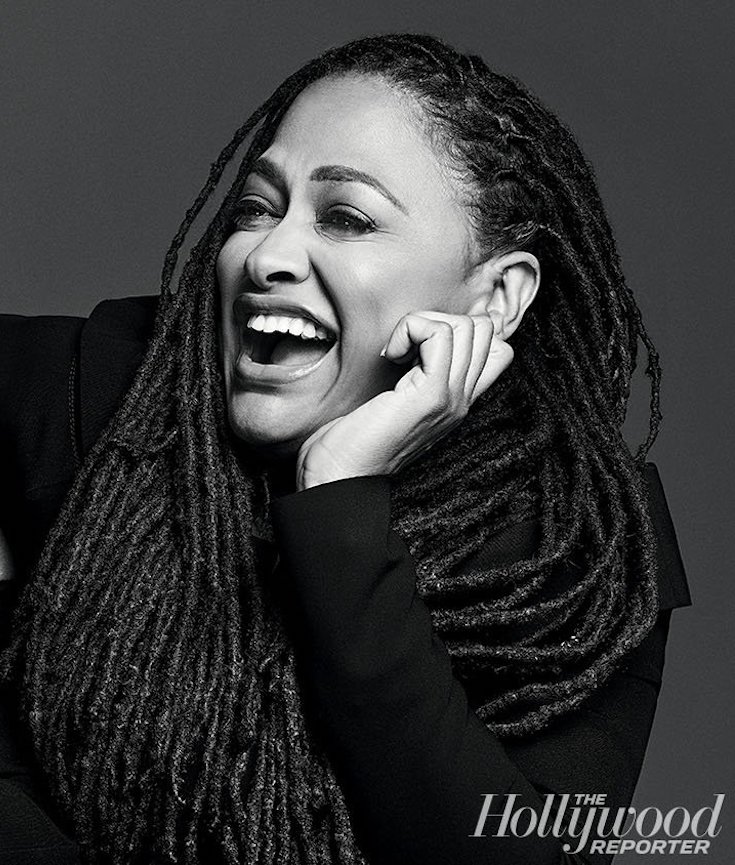In his 1976 book-length essay The Devil Finds Work, James Baldwin argued that no black actor has ever lived up to his or her potential on-screen. However famous black performers become, he explained, they are constrained by the limited choices afforded to them by a racist industry. Looking at the history of film and television, the same can be said of black producers, writers, directors, and those on every strata of the studio system. Black creatives must also navigate a minefield of expectations, having to represent both themselves as artists and their entire community.
[mc4wp_form id=”6042″]
This past year, though, television seems to have proven that Baldwin’s observation no longer holds true: 2016 was a banner year for black people in front of and behind the camera. The growth hasn’t come out of nowhere; instead it is built on the success that showrunners like the powerhouses Shonda Rhimes and Mara Brock Akil have worked for in recent years. When Scandal’s Olivia Pope sauntered onto television screens in 2012, she was the first black female TV lead in almost 40 years. Now, she and her creator, Rhimes, are no longer anomalies at a time when TV is bursting with new and returning black-led series, many of which are also helmed by black showrunners. Last year alone saw the arrival of new shows including Atlanta, Insecure, Queen Sugar, Chewing Gum, and Luke Cage, and the return of others, such as Being Mary Jane, Black-ish, Scandal, How to Get Away With Murder, Empire, and Power.





The Oprah Winfrey Network (OWN), named for the former daytime talk-show host Oprah Winfrey, is an American television channel owned by Harpo Productions and Discovery Communications. It debuted on January 1, 2011, in approximately 80 million homes, replacing the Discovery Health Channel (DHC).
In late 2012, Tyler Perry partnered with OWN to provide it with scripted television programming. One of Perry’s series, The Haves and the Have Nots has consistently posted very successful ratings and has set a preeminent record on OWN, providing the network with its highest ratings to date. A March 11, 2014 episode of the series brought in 3.6 million viewers, surpassing the 3.5 million that tuned in for an Oprah’s Next Chapter episode which was the network’s previous highest rated viewing.
As of February 2015, OWN is available to approximately 81.9 million pay television households (70.3% of households with television) in the United States. (Wikipedia).



You must be logged in to post a comment.